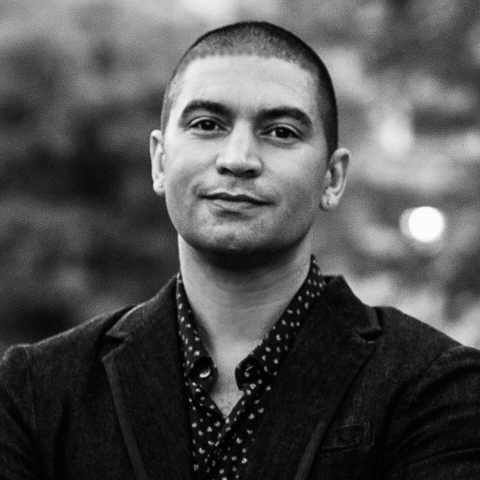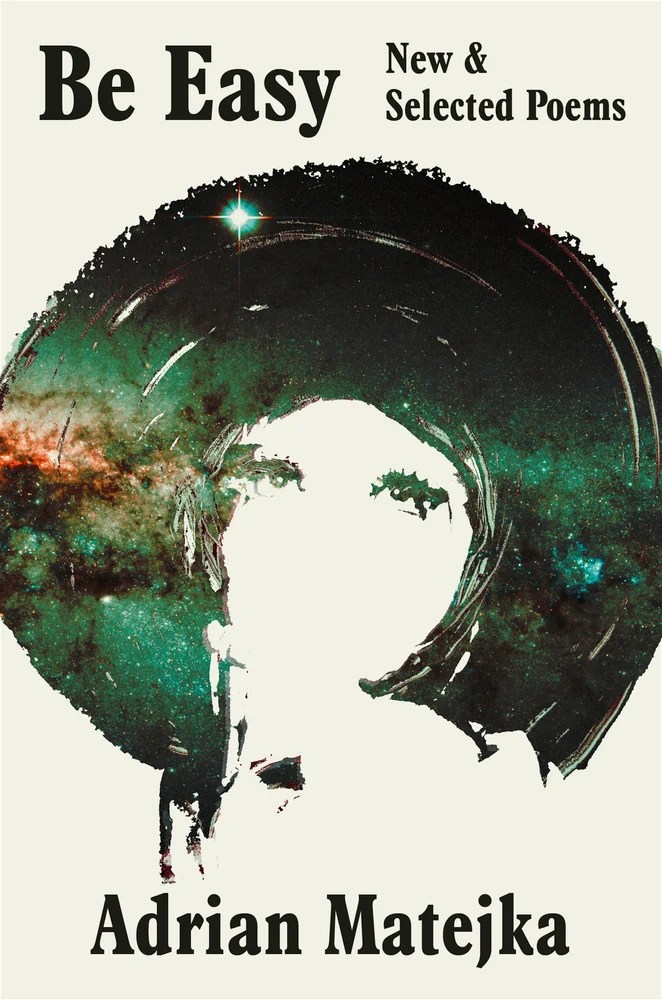
Poetry
January 17-21, 2022
Open to All
Tiered Tuition
$0-$0 Reserve My Spot This offering is not currently available for registration. Please check back or email Jennifer Jean at jjean@fawc.org for any questions.
ASYNCHRONOUS
The poet’s ultimate representation on the page is the poetic voice. Sharon Olds sounds like “Sharon Olds” because of her language choice, syntax, and line breaks. Yusef Komunyakaa’s linguistic swing is identifiable in a room full of poets thanks to his unique understanding of assonance, consonance, and imagery. Fortunately, for those of us who write poetry, the “voice” of the poet isn’t always the same thing as the “voice” of the speaker in a poem. There is a natural, creative separation between the language we use to order a meal and the language we use to create a poem. That creative language and the ways it is constructed for poetry is the true “voice” of the poet. It is, in fact, a poetic persona. In this class we will study the work of poets with clear poetic personae or “voices” in order to develop a more effective poetic voice for ourselves. We will also look at a small sampling of persona poems and talk about the use of persona to explore the mechanics of voice. The poems we read will serve as models for new poems we will generate together through a series of free and directed-writing exercises. This workshop will be relaxed and supportive and ideal for beginning poets as well as more advanced writers who would are interested in experimenting with voice and persona.
Optional LIVE Elements: two optional, one-hour synchronous group discussions; 1-on-1 zoom conferences for all participants.
Adrian Matejka is the author of The Devil’s Garden which won the New York / New England Award and Mixology, a winner of the 2008 National Poetry Series. His third collection, The Big Smoke, was awarded the 2014 Anisfield-Wolf Book Award and was also a finalist for the Hurston/Wright Legacy Award, the National Book Award, and the Pulitzer Prize in poetry. His other collections include Map to the Stars and Somebody Else Sold the World. Forthcoming in 2026 is Be Easy: New and Selected Poems.
His mixed media collaboration with Nicholas Galanin and Kevin Neireiter inspired by Funkadelic, Standing on the Verge & Maggot Brain (Third Man Books), was published in 2021. His most recent collection of poems, Somebody Else Sold the World (Penguin, 2021), was a finalist for the UNT 2022 Rilke Prize and the 2022 Indiana Authors Award. His first graphic novel Last On His Feet: Jack Johnson and the Battle of the Century was published in February 2023 by Liveright.
Among Matejka’s other honors are the Eugene and Marilyn Glick Indiana Authors Award, the Julia Peterkin Award, and fellowships from the Academy of American Poets, the Guggenheim Foundation, the Lannan Foundation, the National Endowment for the Arts, the Rockefeller Foundation, and a Simon Fellowship from United States Artists. He served as Poet Laureate of the state of Indiana in 2018-19. He currently lives in Chicago and is Editor of Poetry magazine.

